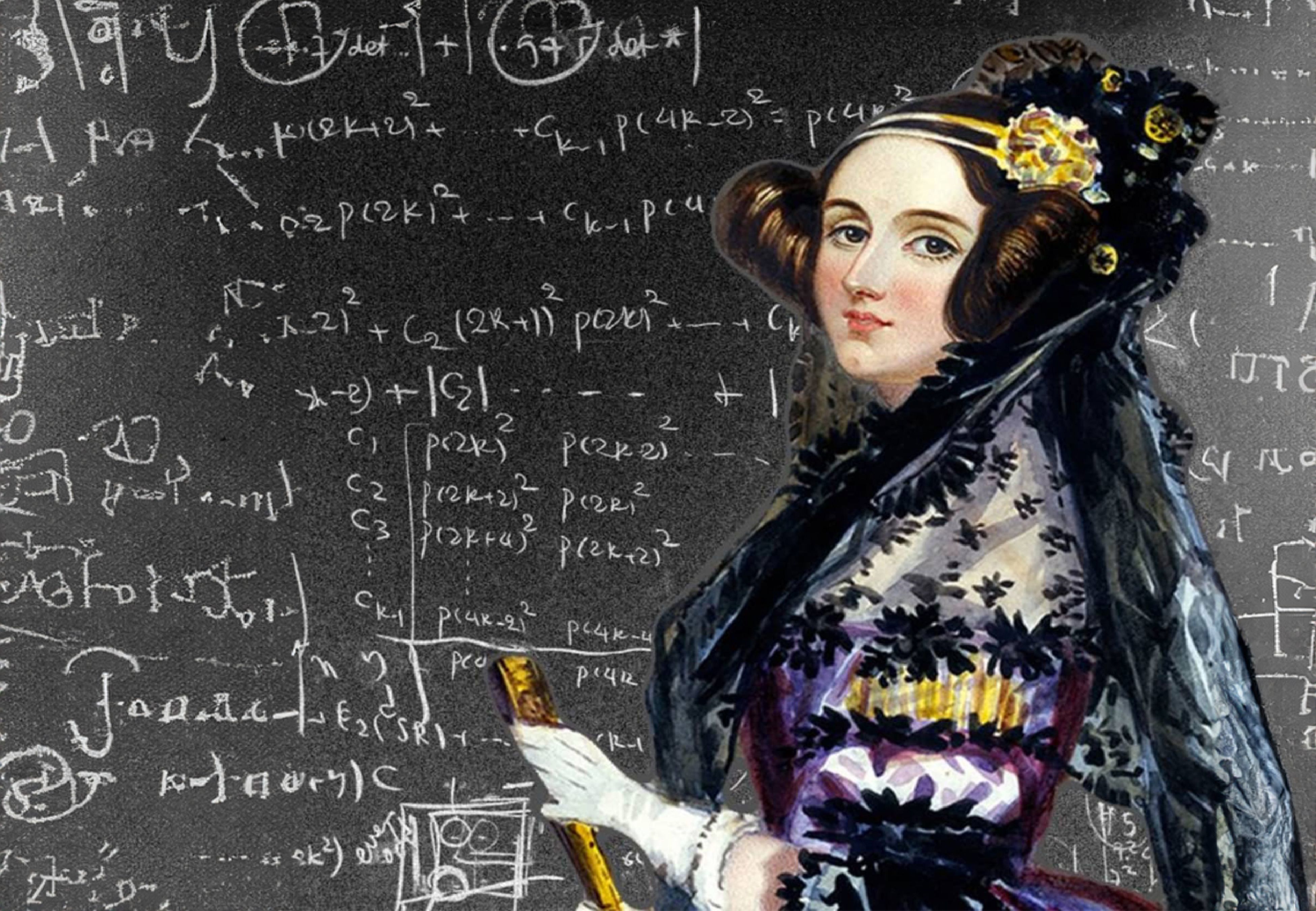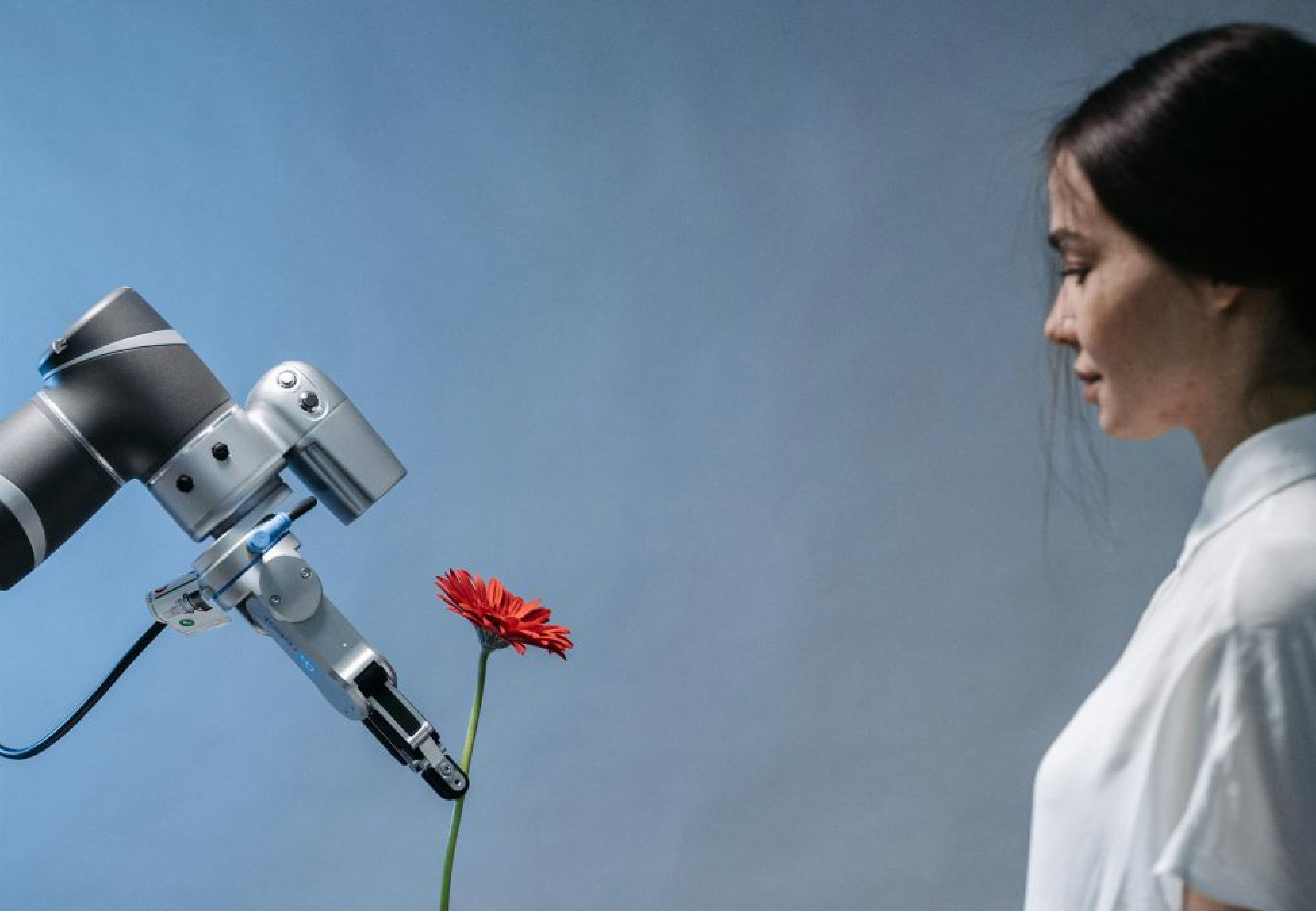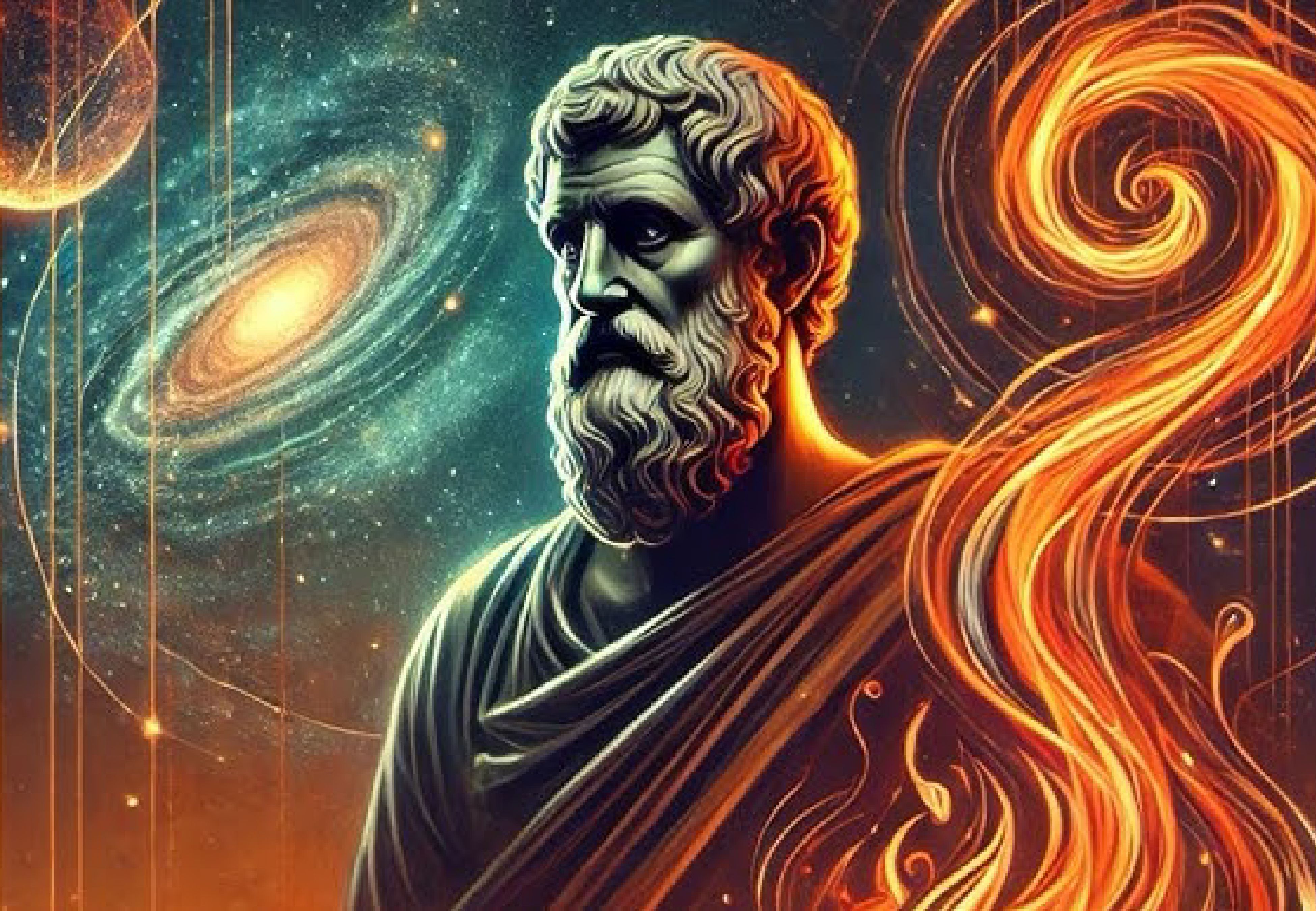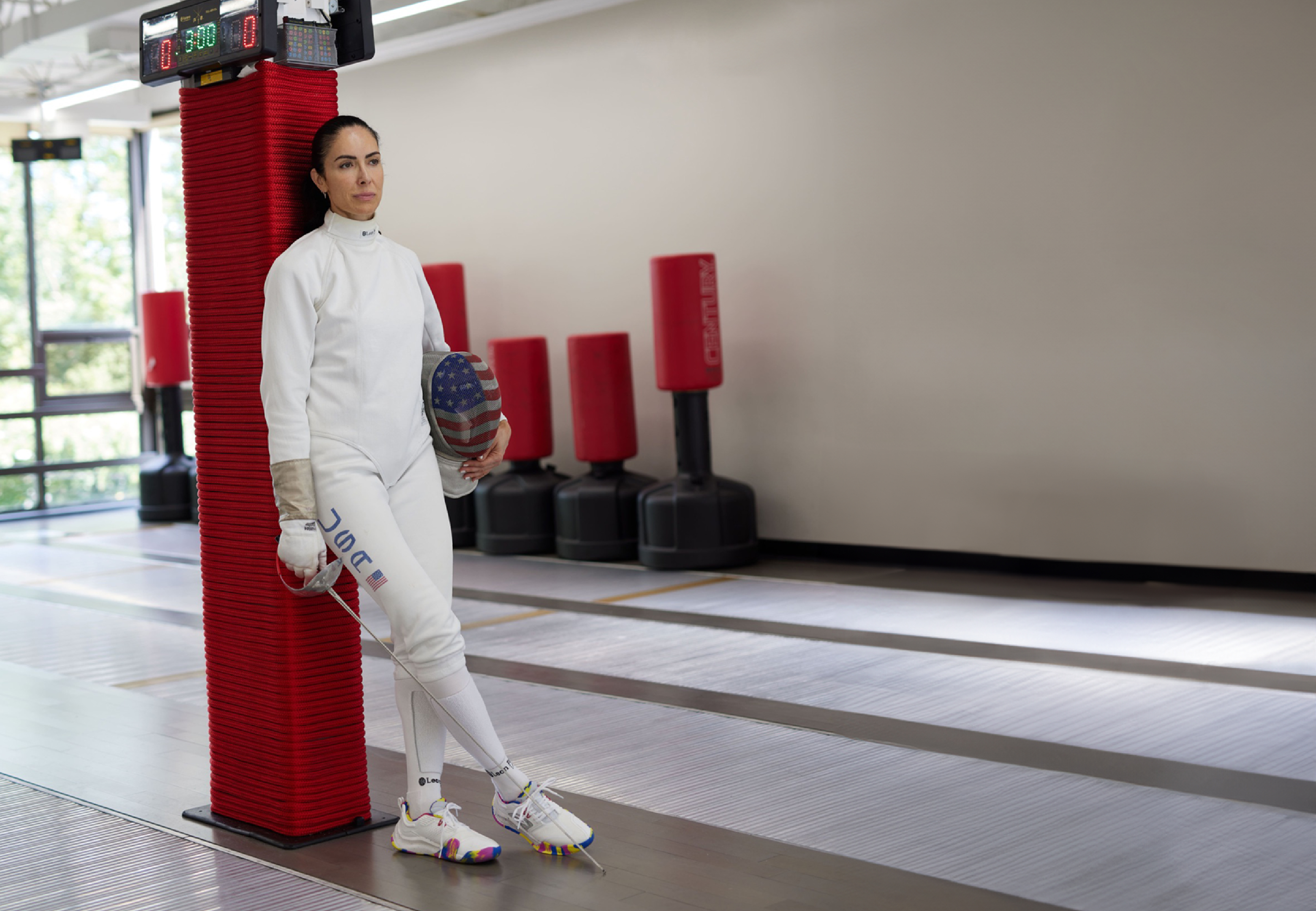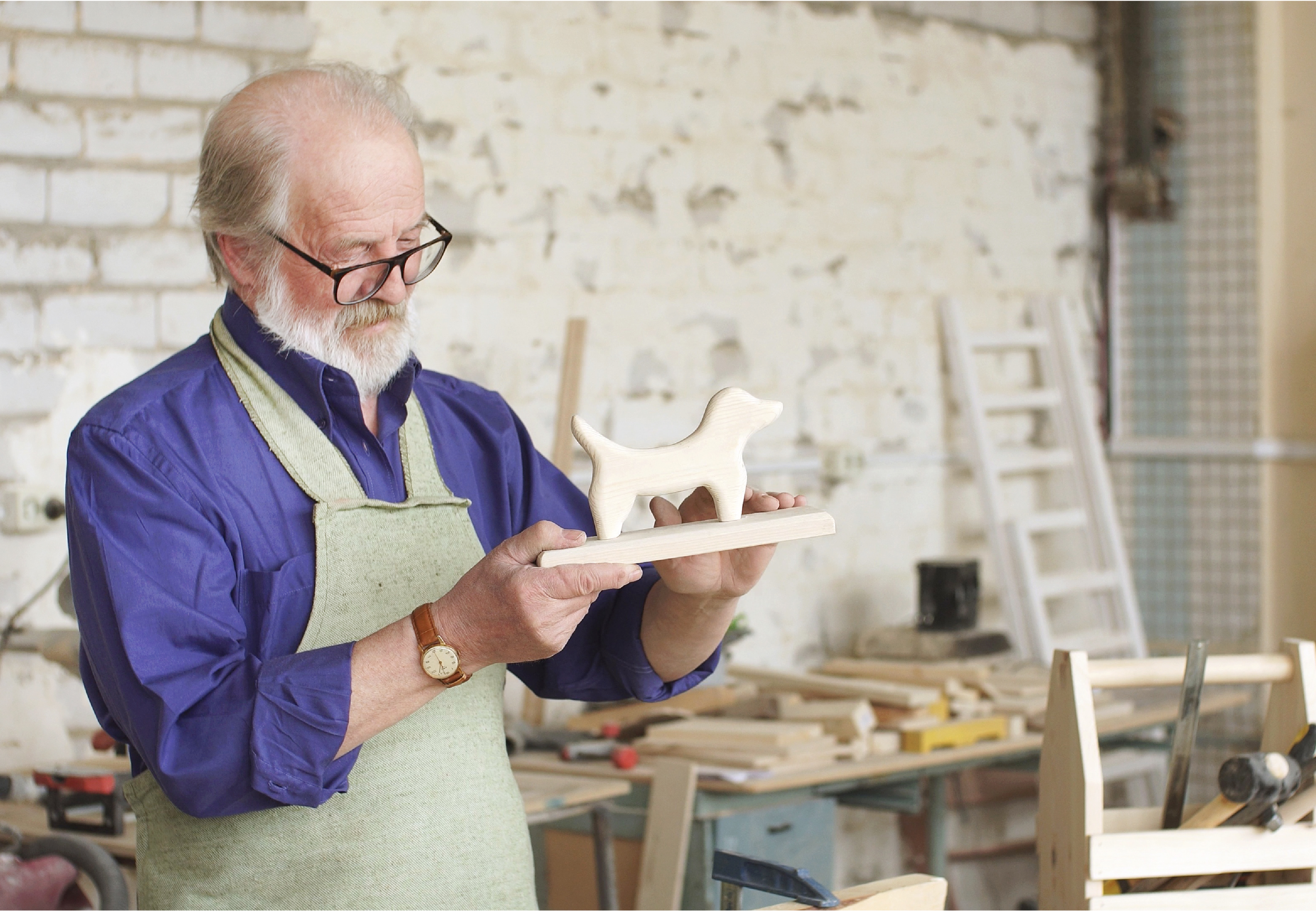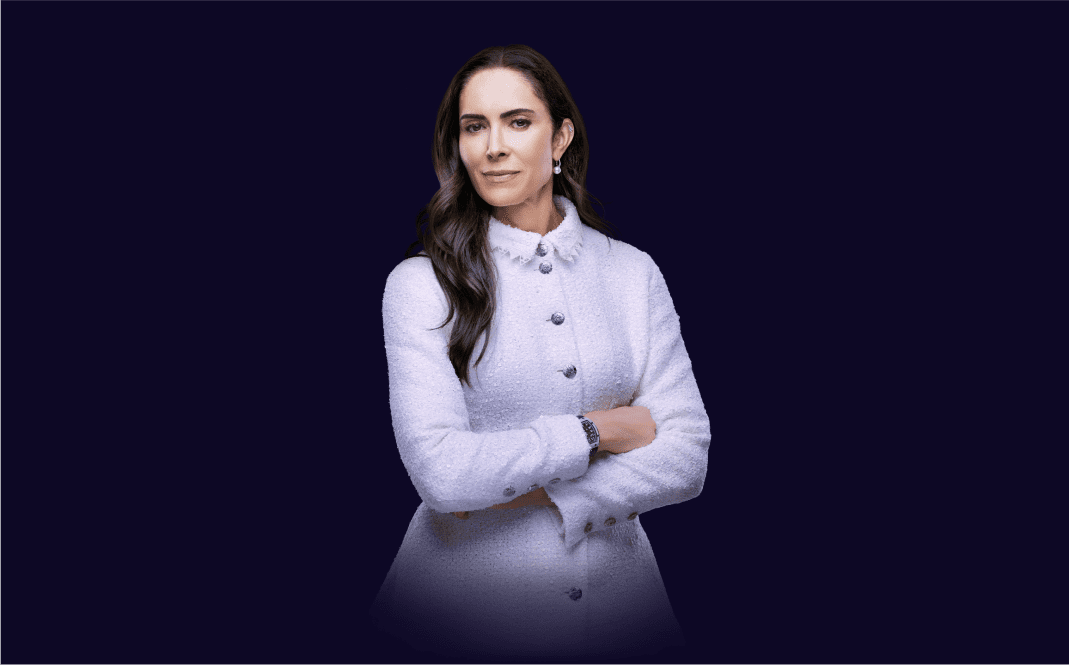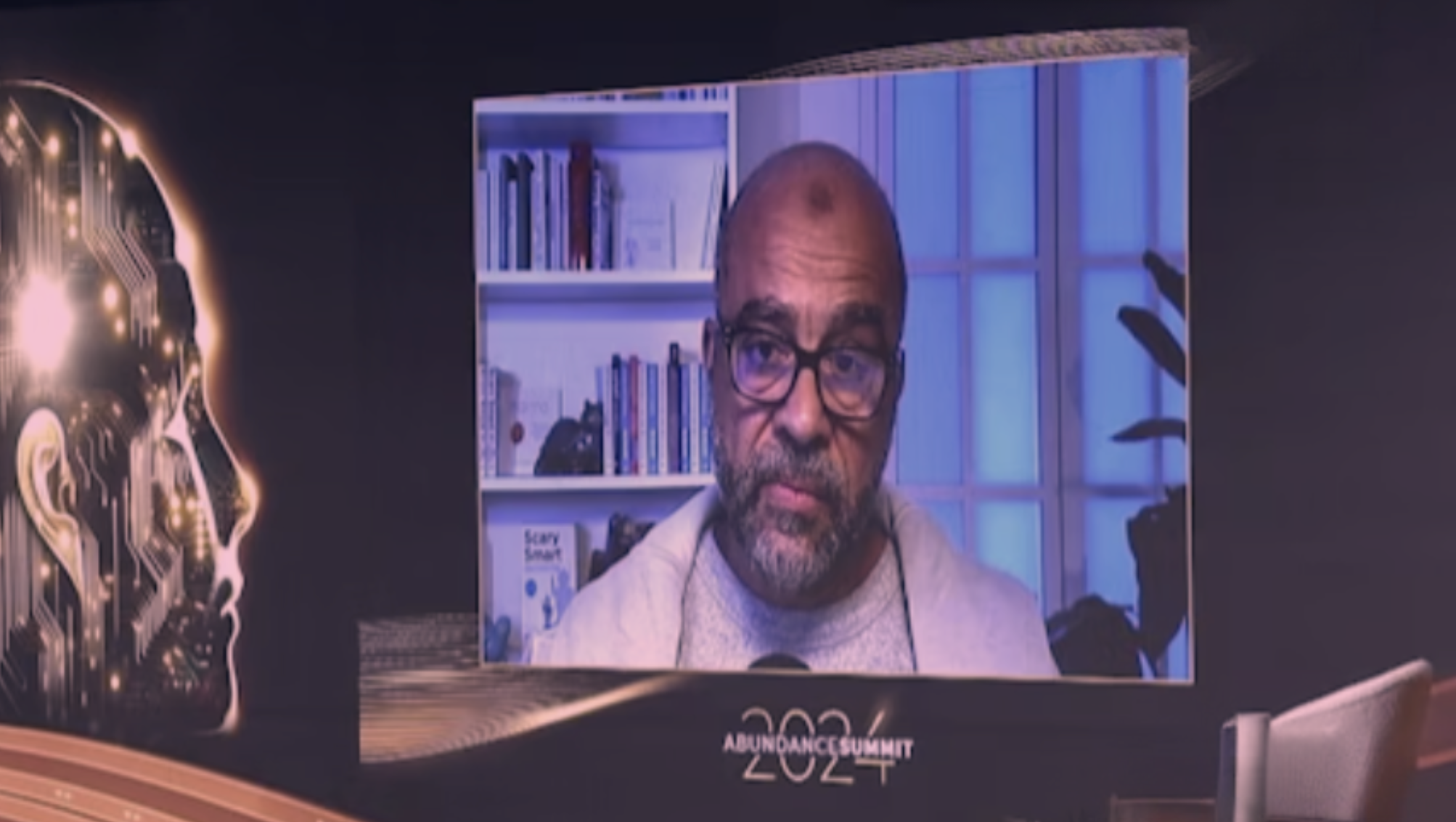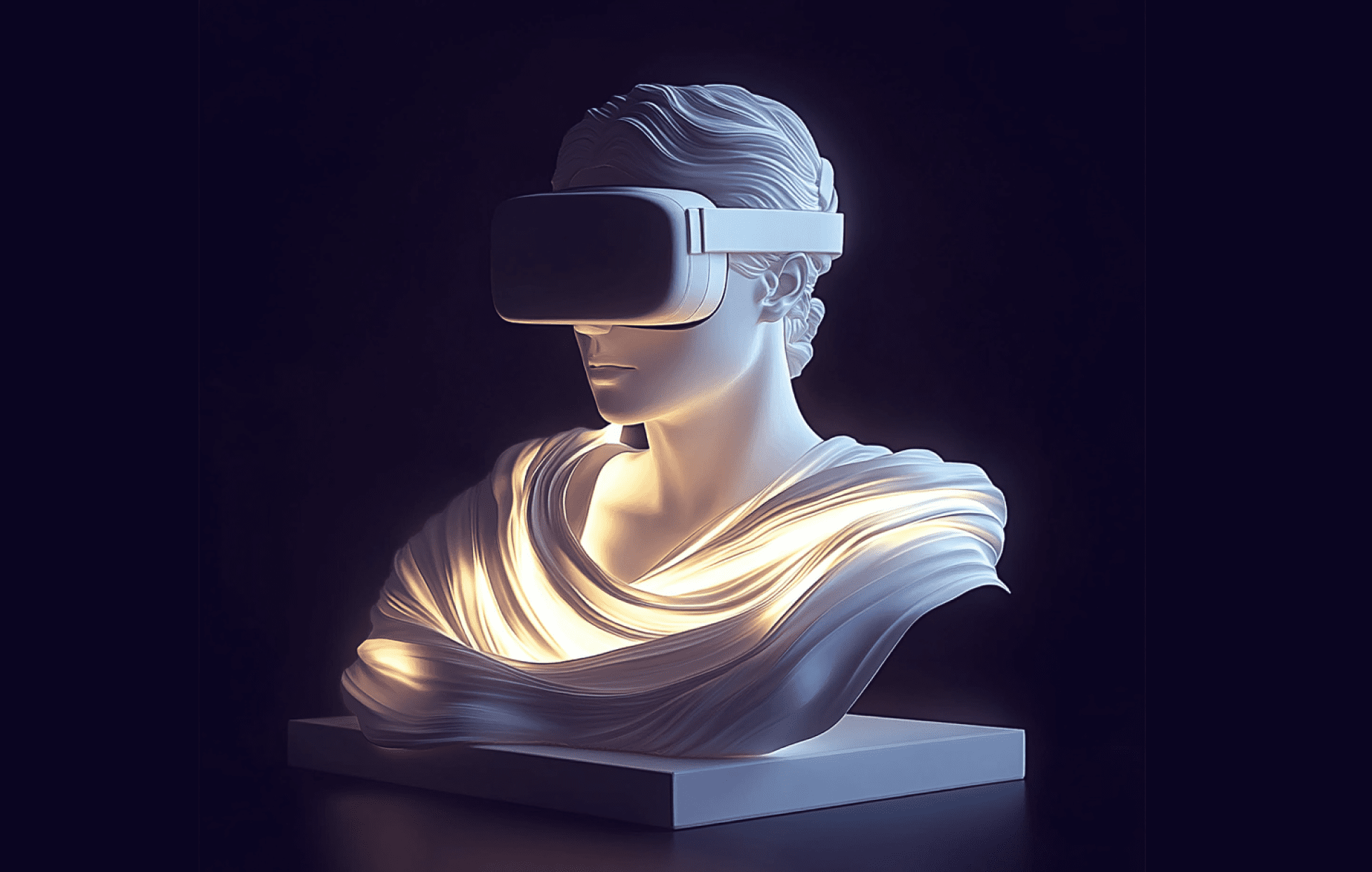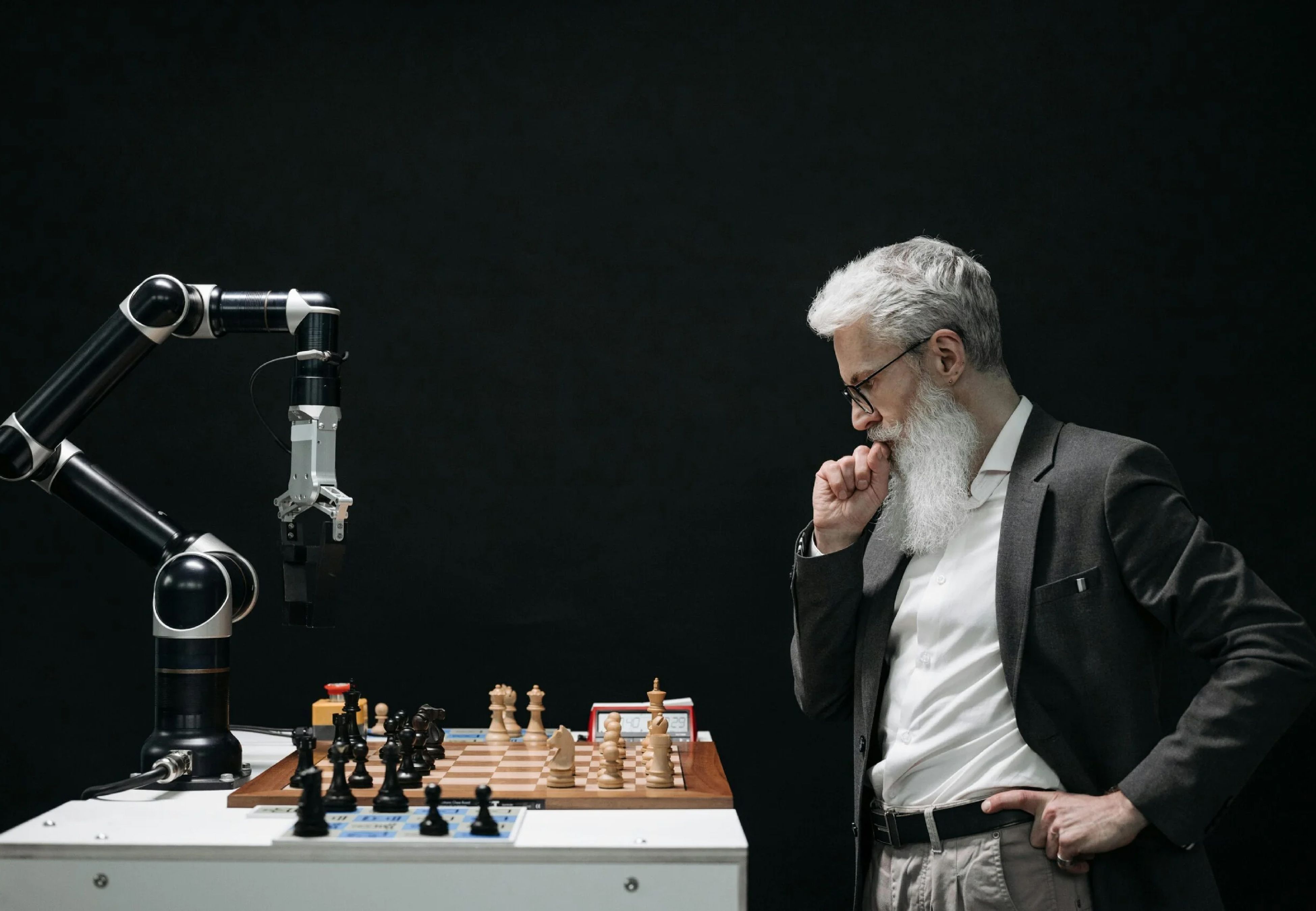
Why Curiosity And Critical Thinking Are Your Longevity Superpowers
Digital Health Demands a New Kind of Intelligence In an era where AI can personalize your meal plan, influencers recommend daily biohacks, and longevity advice spreads at the speed of a swipe, one thing has never been more urgent: your ability to think clearly and skeptically. Welcome to the age of digital health overload—a landscape where access to information is no longer the issue. It’s the quality of that information—and more importantly, your ability to evaluate it—that defines your trajectory. A pivotal 2021 study by Norman & Skinner, published in the Journal of Medical Internet Research, introduced a critical insight: “eHealth literacy—the ability to find, understand, and critically evaluate digital health information—is an essential skill for the 21st century.” In other words: Being healthy in the digital age isn’t just about data. It’s about discernment.
